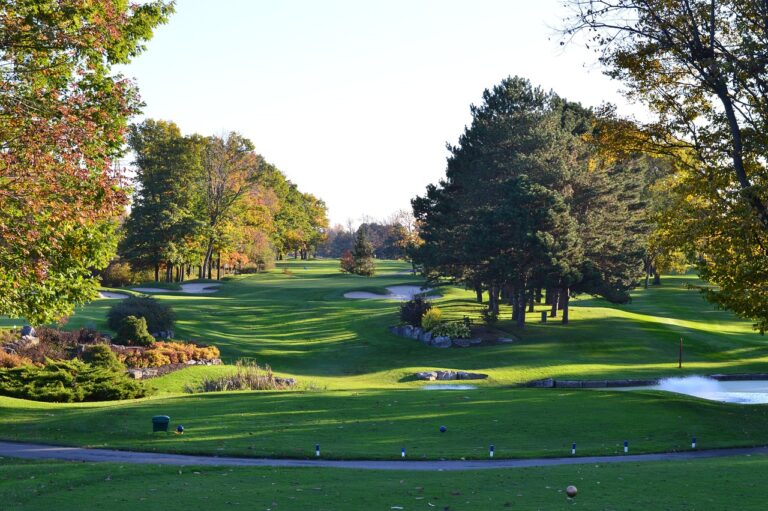Exploring the Role of Groundskeepers in Community Environmental Projects: 11xplay com, Laser247, Skylivecasino signup
11xplay com, laser247, Skylivecasino Signup: Groundskeepers play a crucial role in maintaining and improving the environmental quality of communities. Their work often goes unnoticed, yet it is essential for the health and well-being of residents. By exploring the role of groundskeepers in community environmental projects, we can better understand the impact they have on our surroundings.
The tasks of groundskeepers go far beyond simply mowing lawns and pruning trees. They are responsible for planting and maintaining gardens, managing green spaces, and ensuring that public areas are clean and safe for everyone to enjoy. In community environmental projects, groundskeepers are at the forefront of efforts to create sustainable and eco-friendly spaces that benefit both people and the planet.
1. Maintaining Green Spaces
One of the primary duties of groundskeepers in community environmental projects is to maintain green spaces. This includes parks, playgrounds, and other public areas where people gather for recreational activities. By keeping these spaces clean and well-maintained, groundskeepers contribute to the overall health and well-being of the community.
2. Planting Trees and Gardens
Groundskeepers are also responsible for planting trees and gardens in public areas. Trees provide numerous environmental benefits, such as improving air quality, absorbing carbon dioxide, and reducing urban heat island effects. Gardens, on the other hand, can help promote biodiversity and create habitats for wildlife.
3. Managing Waste and Recycling
In community environmental projects, groundskeepers often play a key role in managing waste and recycling programs. They work to ensure that garbage is disposed of properly and that recyclable materials are collected and recycled. By promoting sustainable waste management practices, groundskeepers help reduce the environmental impact of communities.
4. Educating the Community
Groundskeepers can also play a role in educating the community about environmental conservation and sustainability. By organizing workshops, events, and educational programs, they can raise awareness about environmental issues and inspire residents to take action to protect the environment.
5. Collaborating with Local Organizations
Groundskeepers often collaborate with local environmental organizations, government agencies, and community groups to implement environmental projects. By working together, these stakeholders can leverage their resources and expertise to achieve common goals, such as creating green spaces, restoring habitats, and promoting sustainable practices.
6. Monitoring and Evaluating Environmental Impact
In community environmental projects, groundskeepers may be involved in monitoring and evaluating the environmental impact of their work. They collect data, conduct surveys, and analyze results to assess the effectiveness of their efforts and identify areas for improvement. By measuring their impact, groundskeepers can ensure that their work is making a positive difference in the community.
FAQs
Q: What qualifications do groundskeepers need to work on community environmental projects?
A: Groundskeepers typically need a high school diploma or equivalent and on-the-job training to work in community environmental projects. Some positions may require additional certifications or degrees in horticulture, landscaping, or a related field.
Q: How can residents support groundskeepers in their efforts to improve the environment?
A: Residents can support groundskeepers by following park rules, disposing of trash properly, volunteering for clean-up events, and participating in community gardening initiatives. By working together, residents and groundskeepers can create a cleaner, healthier environment for everyone to enjoy.
Q: What are some examples of successful community environmental projects led by groundskeepers?
A: Examples of successful community environmental projects led by groundskeepers include the creation of community gardens, restoration of natural habitats, installation of rain gardens to manage stormwater, and implementation of composting programs to reduce waste.
Overall, groundskeepers play a vital role in community environmental projects by maintaining green spaces, planting trees and gardens, managing waste and recycling, educating the community, collaborating with local organizations, and monitoring environmental impact. Their work helps create sustainable and eco-friendly communities that benefit both people and the planet. By recognizing and supporting the efforts of groundskeepers, we can all contribute to a healthier and more sustainable future.







